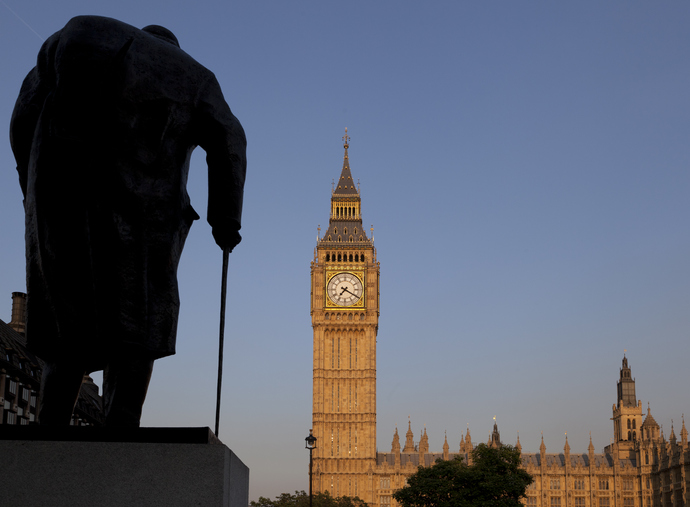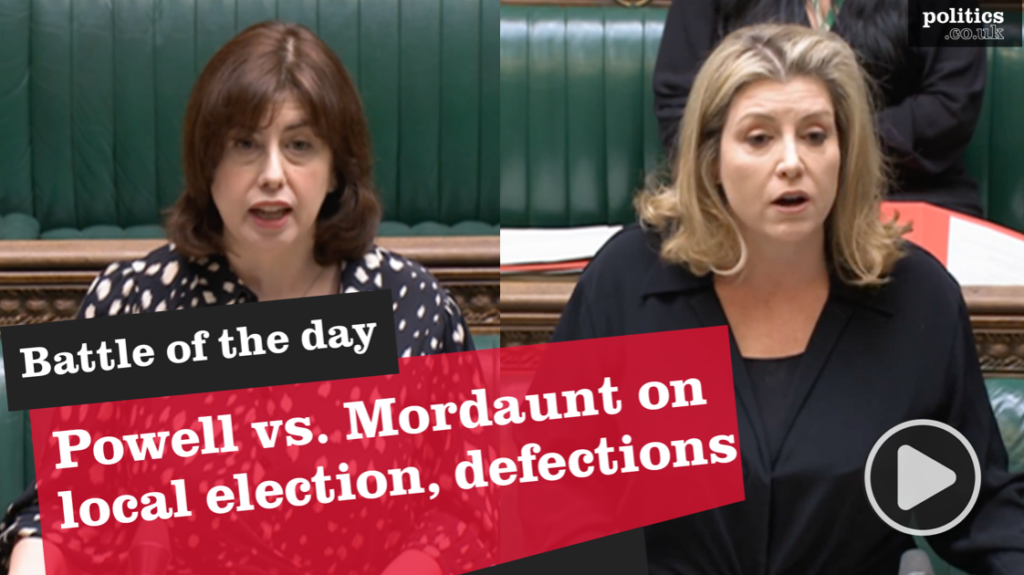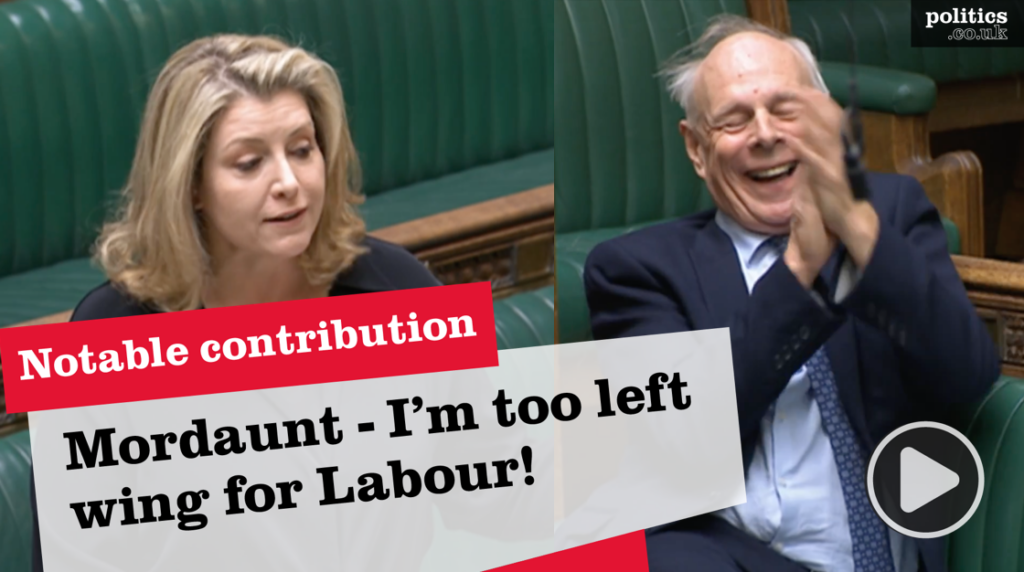In an interview on Times Radio last week, Steve Baker MP described how during a period of bad depression he relied on his employees for emotional support, including requesting that ‘his youngest staffer’ ‘come into his office’ to ‘ask him silly questions’ to help him through one of his lowest points.
While sympathising with his struggles, it also seems clear that a ‘young staffer’ is not an appropriate person to provide this kind of support to an MP, and in his follow-up comments he went on to say that ‘no staff[er] should have to see their MP like that’. But it reminded me, from my time working in Parliament, of a workplace dynamic common to MPs’ offices, but which would have no equivalent elsewhere.
I worked for different (Labour) MPs as a caseworker, secretary and researcher throughout my twenties, and got to know dozens of other Parliamentary staffers, from across parties, then and afterwards. From my experience, most MPs and their staff are hard-working and committed public servants, and many MPs are also good employers – my first boss in Parliament was.
But while I never had the kind of experience described by Steve Baker, I did come to realise how dysfunctional many MPs’ offices can be as working environments – sometimes because a minority of politicians choose to bully and harass their employees, but often more due to a combination of the stresses of an MP’s role, and how their offices end up being staffed.


Being an MP is a unique role, but in terms of seniority it’s perhaps equivalent to being a CEO, or a senior Director, and most external meetings even with backbench MPs will be at CEO-level. And yet their offices are often mostly staffed by people in their first jobs out of university, on entry-level salaries.
Nonetheless, their responsibilities can be huge – as a caseworker, I worked on complex cases for people at imminent risk of homelessness and deportation, as a secretary, I triaged hundreds of emails and meeting requests each week, and as a researcher, I met with interest groups, worked on Parliamentary speeches at short notice and helped to scrutinise legislation. I received no particular training to do any of this, and my highest salary during that time was £27,500 (in 2018). It was important work, and many young staffers do it very well. But it is a strange fact about our democracy that so much of it is done by people in their twenties.
Parliament still has no real HR, with staffers employed directly by MPs, who have complete discretion over who they hire and fire. The new Independent Complaints and Grievance System (ICGS) means there are consequences for MPs who mistreat their staff, but it is impossible to complain about an MP you currently work for, as you would have to remain working for them while you both go through a complaints process, in what would be considered a HR nightmare in any other field. Many staffers who are mistreated simply leave their jobs with nowhere else to go, and it’s unclear at this point if the ICGS has improved issues of bullying and harassment, or just shone a light on it.
But even aside from the issue of staff welfare, politicians – and British politics generally – arguably would be better served by a cadre of more experienced (and better-paid) Parliamentary staffers, with careers and professional specialisms of their own,who have a real understanding of the demands of an MP’s role, and the standing, professional judgement and confidence to give appropriate support, andto push back against bad ideas and bad behaviourif necessary.
Of course, there should be roles for younger people too, for whom working in Parliament can be a fantastic opportunity. But in a highly pressured environment with no HR, working for a politician you may really look up to, whose patronage could make or break your career, it’s unsurprising thatsome junior staffers with no experience of professional norms end up putting up with behaviour that spans the spectrum from unreasonable expectations and a complete lack of boundaries, to the worst cases of bullying and harassment.
This is bad for staffers, but it’s also arguably bad for MPs, many of whom arrive in Parliament with good intentions but little idea how to effectively manage a team, navigate arcane Parliamentary procedure or manage the infinite pressures on their diaries (100 meeting requests a week is typical). It’s a life of long hours, endless scrutiny, abuse from the public, total career instability, and working weeks spent away from family (and at weekends they’re likely to be attending events, holding constituency surgeries and canvassing to try and keep their jobs, rather than recuperating at home). It’s what MPs sign up for, and it’s also a huge privilege, but it’s not surprising some of them struggle, and it can be their staff who end up bearing the brunt in ways they aren’t equipped to cope with or push back on.
One solution to this challengeprobably involves the least popular proposition in British politics, namely more money for MPs’ expenses. But Parliamentary staffers are low-paid considering their responsibilities, and their international equivalents – US Congressional staffers can expect salaries double or treble what they earn, and the roles attract senior professionals who stay for years. And while special advisers who work with senior politicians are typically better-paid and more experienced, the majority of MPs who are not on the frontbenches are likely to be supported by much more junior staff.
Many Parliamentary staff leave by thirty, meaning that of the cohort of experienced professionals who understand how Parliament works and how MPs can make an impact most effectively for different causes, many end up working in lobbying or consultancy positions (guilty), partly because the role of a staffer doesn’t pay enough once you hit your thirties, and partlybecause the norm is for them to be younger. But surely working in Parliament is more important than much of what lobbyists do, and yet the pay and working conditions mean that the former is seen as a stepping-stone to the latter.
And while I encountered some stories of terrible behaviour by MPs, I still think the majoritygo into politics to make a difference, and that their work, often unsung, can have a real impacton the lives of the people they represent, particularly at a constituency level. But if their work is thisimportant, then surely it’s worth considering how Parliament can improve as a workplace, not just in terms of preventing abuse, vital as that is, but in ensuring MP’s offices are functioning well so they can do their jobs and engage with their constituents as effectively as possible.
Rather than just dealing with misconduct after it’s happened, Parliament needs to consider how it can attract more experienced people at every level. A number of reforms could help, with many staffers calling for an end to the practice whereby they are employed solely by an MP, so while MPs would still have a say over who they hire, they would not be responsible for management and HR, which is arguably also not a good use of their time.
This idea seems sensible to me, and while it may not be a popular argument, I’d also argue a modest increase in pay for staffers, an expectation that MPs hire experienced professionals, at least for certain roles, better training on how to manage them, as well as more appropriate support for anyone who is struggling, could improve the functioning of Parliament hugely – and stop the kinds of situations described by Steve Baker last week.











